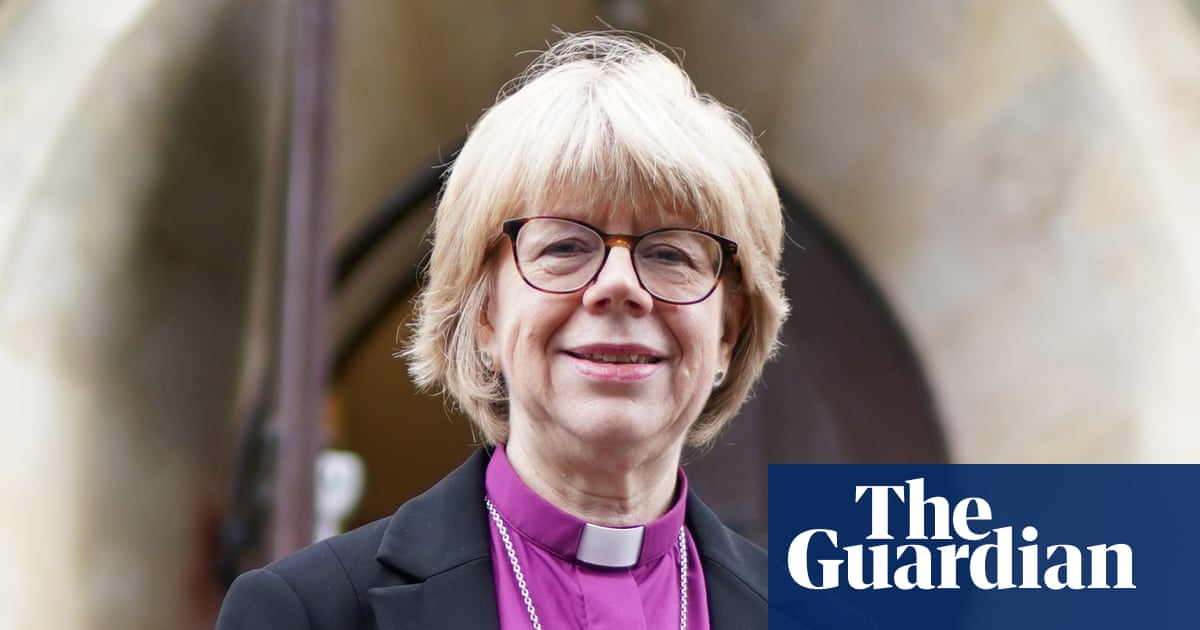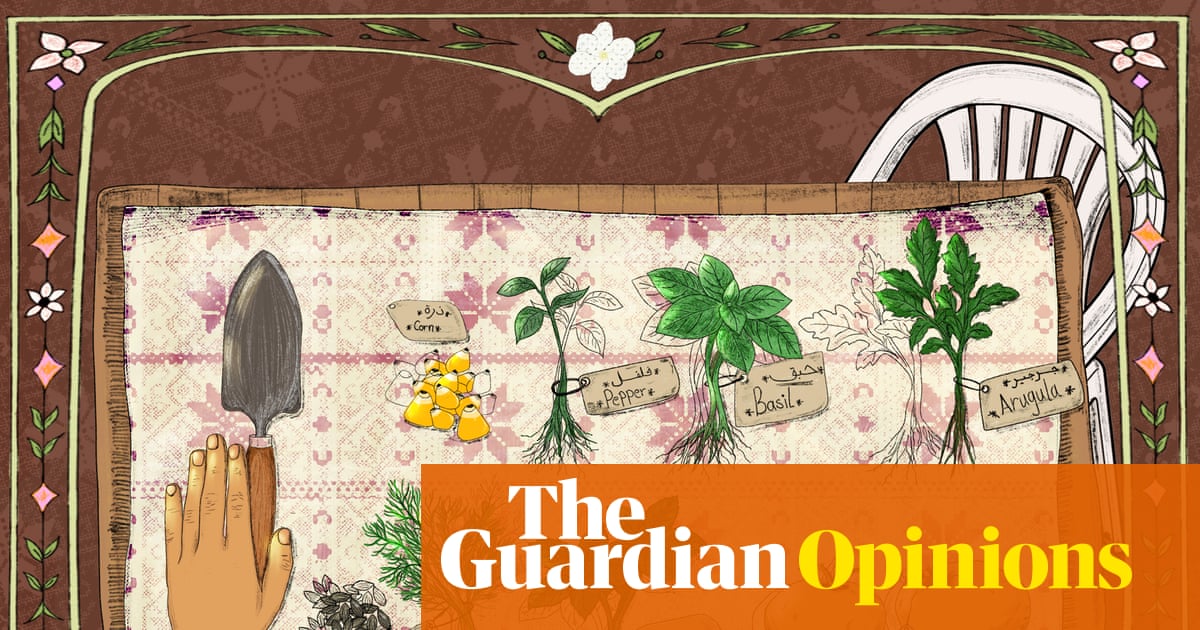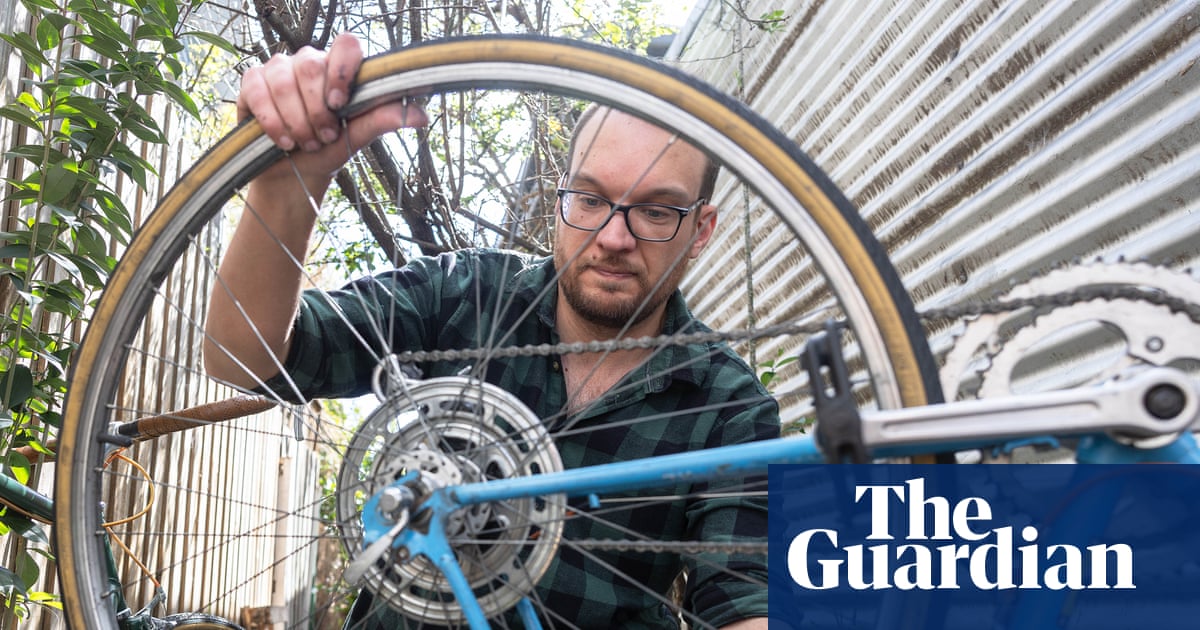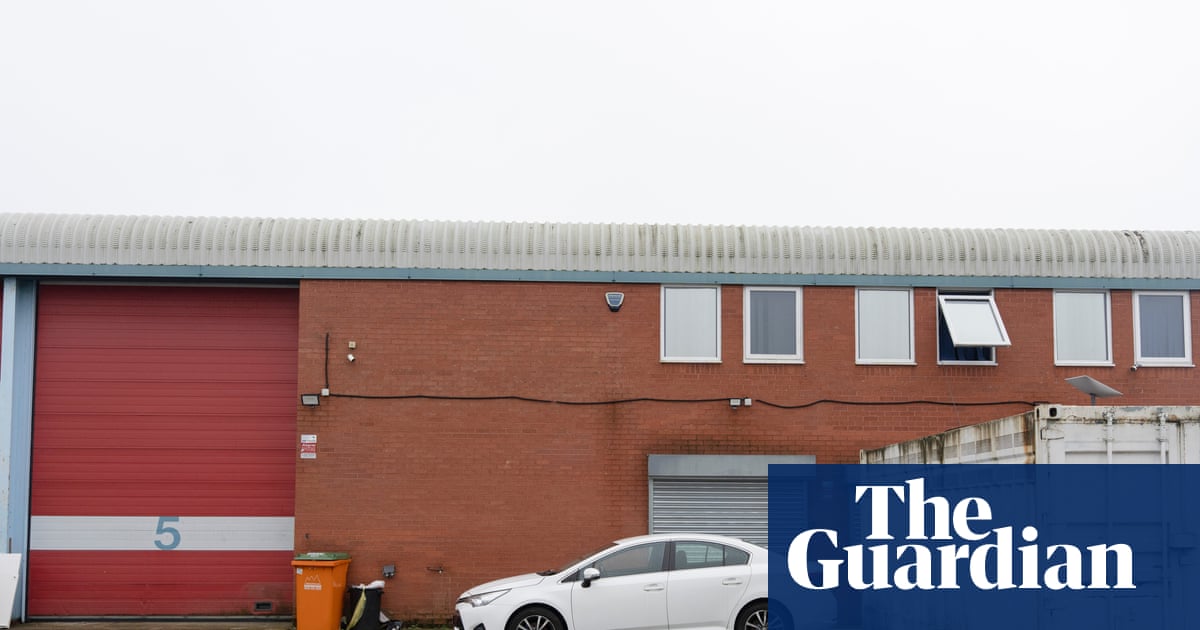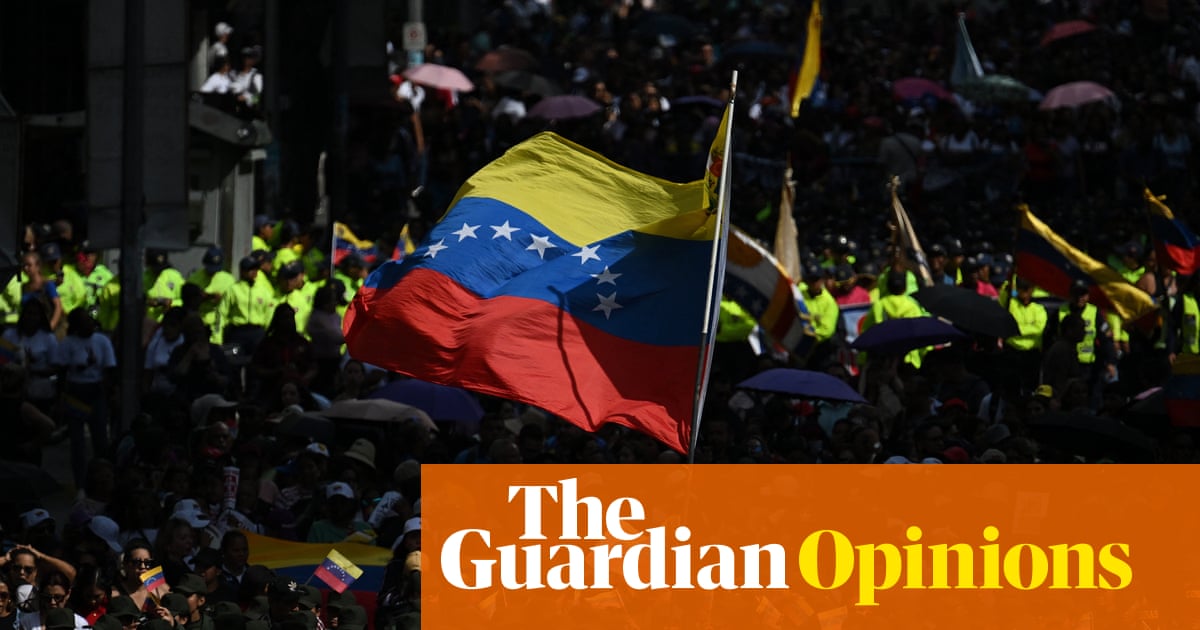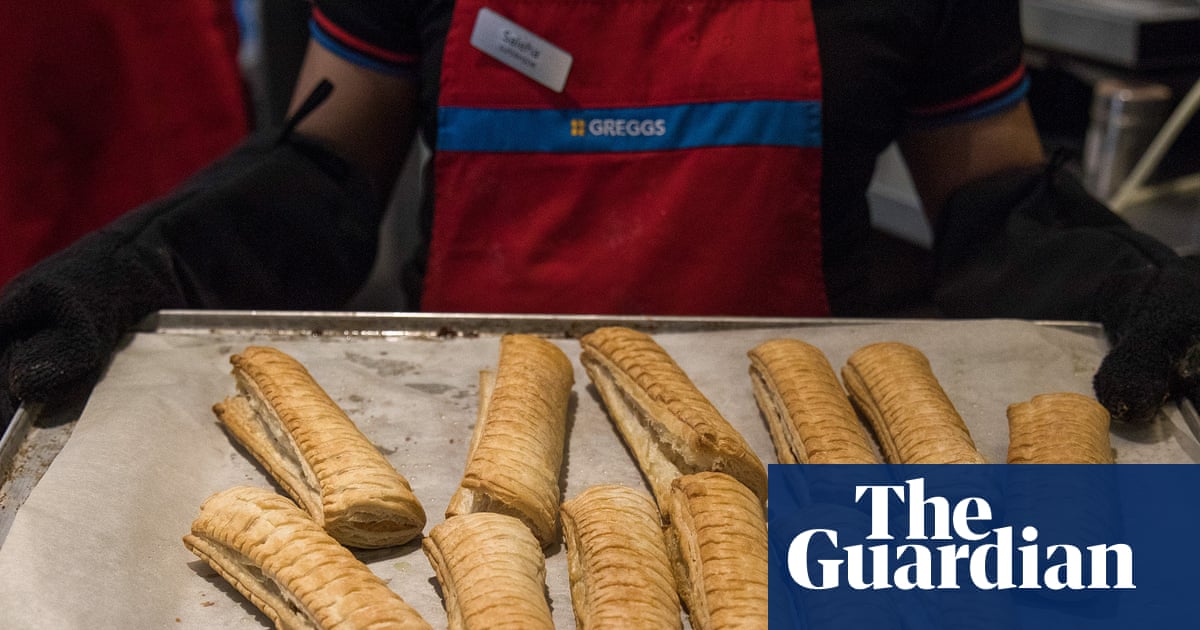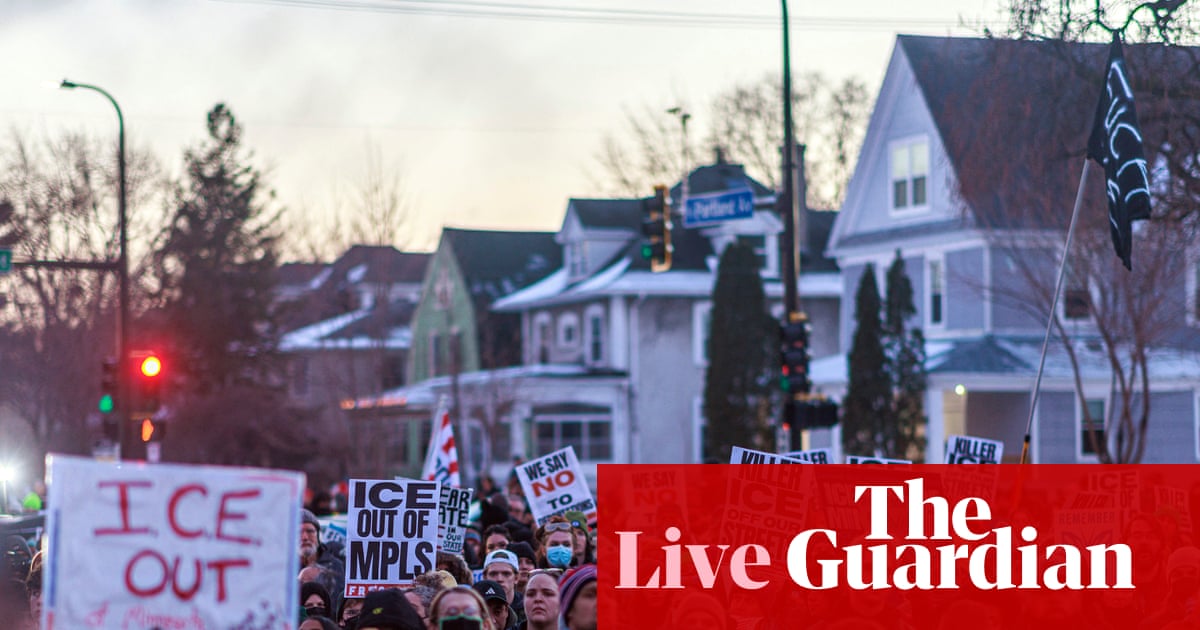“Who’s in your team?” asked Elliott Rae, pumping up the crowd in central London at what he billed as the world’s first Working Dads’ summit. “Who’s your goalkeeper, your defender, your striker? Do you have a full 11? Do you have subs on the bench?”.
Football analogies are generally rare at events about parenting, particularly those that seek to tackle gender equality. But then, so are men. At the UK’s Working Dads’ summit – almost certainly the first in the UK – both were in plentiful supply, as dads were urged to “create a new idea of masculinity”.
Rae, founder of the dads network Parenting Out Loud, which organised the event, urged dads to start a “new national conversation about working dads”.
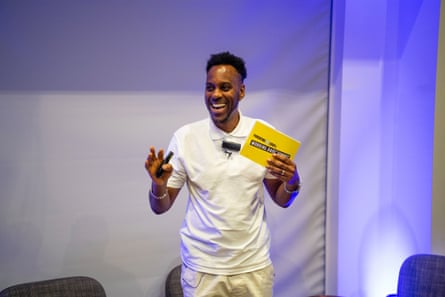
“We are creating a new idea of masculinity. A new model for what it means to be a man and a dad,” he told the several hundred attendees on Tuesday, who were joined by another 2,000 online.
“In the face of increased far-right rhetoric, and some businesses rolling back D&I [diversity and inclusion] initiatives, and demanding their employees come back into the office full time … our voices need to be louder.”
Rae said it was time for dads to be “loud and proud” about their parenting responsibilities, encouraging them to take all parental leave available to them, have an open calendar and be honest when they had to miss a meeting because of school drop-off or pick-up.
He appealed to men and women to work together to push for more equal parenting, arguing that it was vital to combat the motherhood penalty, which recent analysis of Office for National Statistics data suggested contributes to women with children earning a third less per week and 20% less per hour than men with children. Noting that men account for about three-quarters of suicides in the UK, he argued that men involved in childcare were also less stressed and happier with their life. “It’s not a competition, it’s not a zero-sum game,” he said. “It’s a win-win for everyone.”

The summit will put further pressure on the government to improve the UK’s paternity leave offering, which was ranked 40th out of 43 in an international comparison based on Organisation for Economic Co-operation and Development figures. Last week the Commons women and equalities select committee called its failure to commit to improving the UK’s paternity pay and leave during the current parliament “disappointing”.
A government review of the UK’s parental leave system, which launched in July, was a “watershed moment” said MPs, but “tinkering around the edges of a broken system will let down working parents”, they said.

Speaking at the event, the Labour MP Stella Creasy warned that Labour’s flagship employment rights bill could, by giving women better maternity rights, perversely result in more maternity discrimination in the short term. This could be combated by equalising parental leave, she said: “Changing the law on parental rights so that every parent can be present is about every parent being equally discriminated against.”
The summit is a significant marker in a year when growing numbers of men have joined women’s voices in calling for better paternity leave in a bid to tackle entrenched inequality. In June, hundreds of fathers took to the streets to demand better paternity leave in the first ever “Dad strikes” in London and Edinburgh.
New campaign group The Dad Shift, which organised the protest, have also rallied a new group of predominantly male Labour MPs, many with seats in “red wall” constituencies, who are putting internal pressure on the government to appeal to men directly.
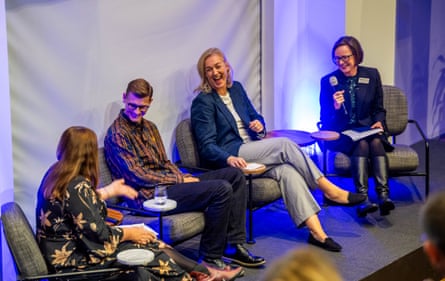
“It does feel like this is a moment, it’s part of the zeitgeist,” said attendee Oliver Daniels, a father-of-one who works for childcare platform Bubble. He pointed to the coronavirus pandemic, credited with causing an 18% increase in the amount of time fathers spend looking after their children, as a turning point in the conversation.
“Dads suddenly found it wasn’t just that they could be more involved parents, but that they wanted to be,” he said.

 3 months ago
557
3 months ago
557


